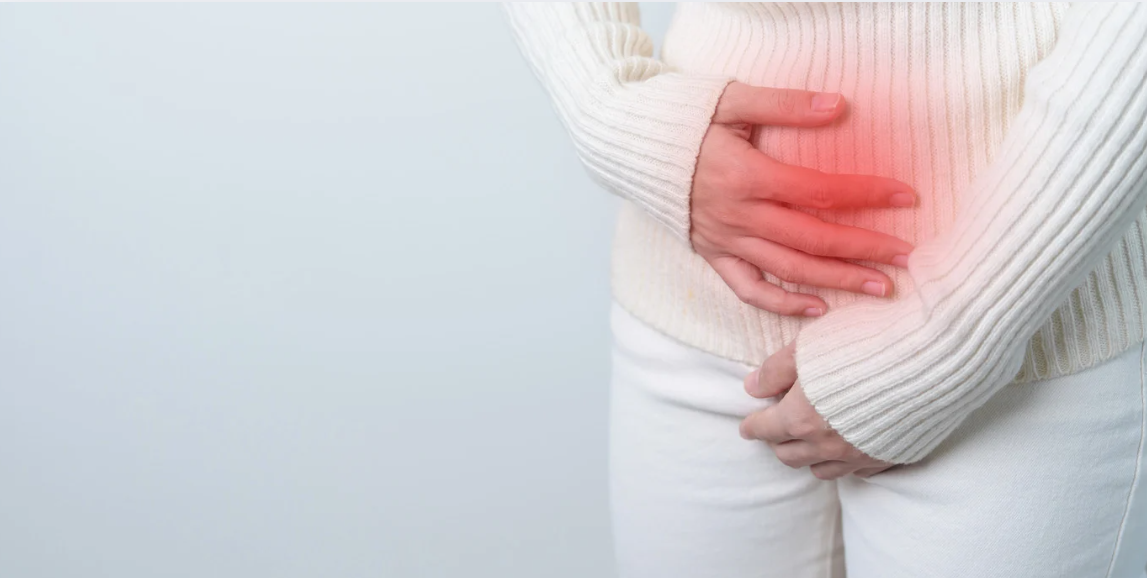Categories
Fibroids
Feb 06, 2025
Fibroids, also called uterine fibroids or myomas, are
noncancerous tumors that grow in or on the uterus. They are made of muscle and
fibrous tissue and can vary in size, from very small to large masses. Many
women with fibroids experience no symptoms, but in some cases, they can cause
heavy menstrual bleeding, pelvic pain, frequent urination, or complications
during pregnancy. The exact cause of fibroids is unknown, but they are
influenced by hormones, particularly estrogen and progesterone.
The symptoms of uterine fibroids can vary depending on their size, location, and number. Some women may not experience any symptoms at all, while others may have:
While many women with fibroids experience few or no complications, in some cases, fibroids can lead to a range of issues, particularly when they grow large or are in certain areas. Some potential complications include:
Difficulty during labor and delivery: Depending on their size and location, fibroids may block the birth canal or interfere with the positioning of the baby, potentially leading to a cesarean section or other complications during delivery.
If any of these symptoms are present, it's important to consult a healthcare provider for diagnosis and treatment options.
WHY TO CHOOSE ROSEWALK (OUR OFFERING)
The symptoms of uterine fibroids can vary depending on their size, location, and number. Some women may not experience any symptoms at all, while others may have:
While many women with fibroids experience few or no complications, in some cases, fibroids can lead to a range of issues, particularly when they grow large or are in certain areas. Some potential complications include:
Difficulty during labor and delivery: Depending on their size and location, fibroids may block the birth canal or interfere with the positioning of the baby, potentially leading to a cesarean section or other complications during delivery.
If any of these symptoms are present, it's important to consult a healthcare provider for diagnosis and treatment options.
WHY TO CHOOSE ROSEWALK (OUR OFFERING)







